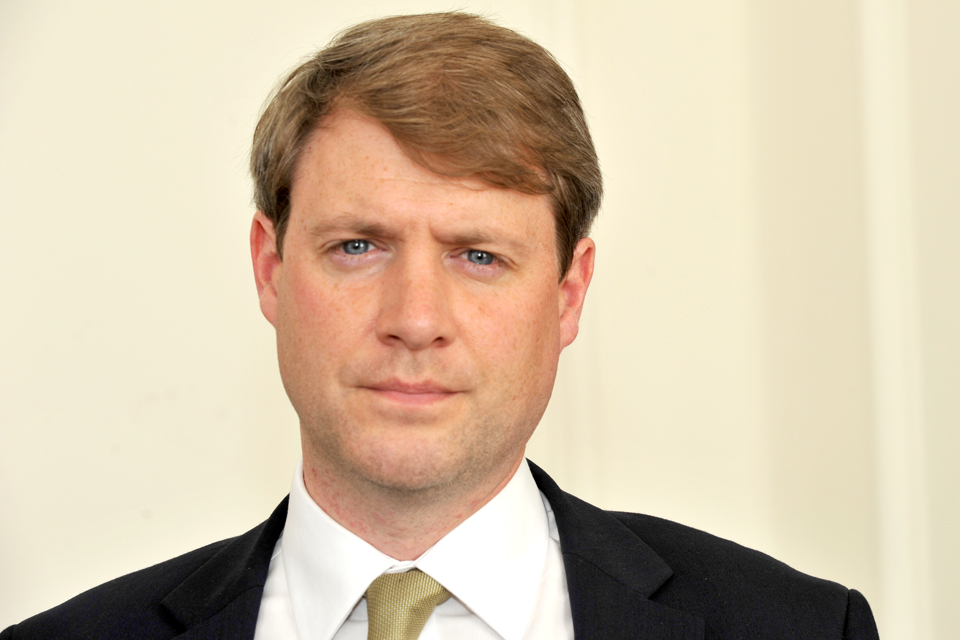Survivors in safe houses will have their right to vote honoured
Writing in the Times, Chris Skidmore outlines how the government is helping survivors of domestic abuse make their voices heard.

Just over a year ago, I learnt about a young woman from Bristol who had been forced to flee an abusive relationship and move, with her toddler, to a secret address.
Once there, she simply wanted to express her democratic right to vote and participate in British democracy – but it was too complicated to register anonymously and, without registering, she would not be able to express one of the most basic rights we too often take for granted.
That individual was Mehala Osborne, now a formidable and leading Women’s Aid campaigner whose story has been heard up and down the country.
Mehala’s story is one of bravery, resilience and inspiration in the pursuit of something as important as the democratic right to vote – and today the government is acting on what we have learned from her story.
Currently, those wanting to register to vote anonymously have to go through a rigorous process, providing a high level of documentation to register to vote, which many survivors of abuse lack.
Having to arrange for signed documents from senior officials – such as superintendents in the police and directors of social services at councils – would be an incredibly daunting task for anyone, let alone survivors of domestic abuse. It is clear that the existing system has often let down those affected by domestic abuse – and that cannot continue.
That is why today the government is setting out proposals to reform the anonymous registration scheme in England and Wales and make it more accessible for those escaping domestic abuse to participate fully in our democracy.
The proposals include plans to update the list of court and other orders that are acceptable as evidence of the risk to an applicant’s safety, as well as considering expanding the current list of possible evidence that can be used.
We also intend to lower the seniority required of an attestor from the police or social services – and we will consider adding additional professions to those who can attest, such as GPs and nurses.
Mehala’s journey is nothing short of inspiring. The majority of survivors who find themselves in a refuge or similar safe house simply won’t vote because of the daunting barriers to registering anonymously.
That leaves a huge hole in our democracy. I look forward to continuing to work with Women’s Aid and other organisations to make sure we get this right and that we help survivors of domestic abuse make their voices heard.
As the Prime Minister made clear on the steps of Downing Street in July, I am determined to build a democracy that works for everyone.
And that is what this Government is doing – by tackling voter fraud wherever we find it, ensuring that UK citizens who have lived overseas for longer than 15 years have the right to vote, and equalising the size of constituency boundaries so that every vote matters.
But we are equally clear that those who have been constrained by their abusers must have full freedom to express themselves in the democratic processes and the political life of the country – a commitment that we are today moving one step closer towards.
Only by doing so will we build a democracy and a country that works for everyone.